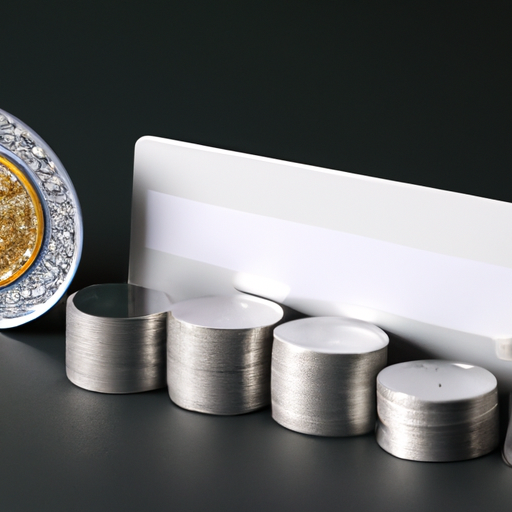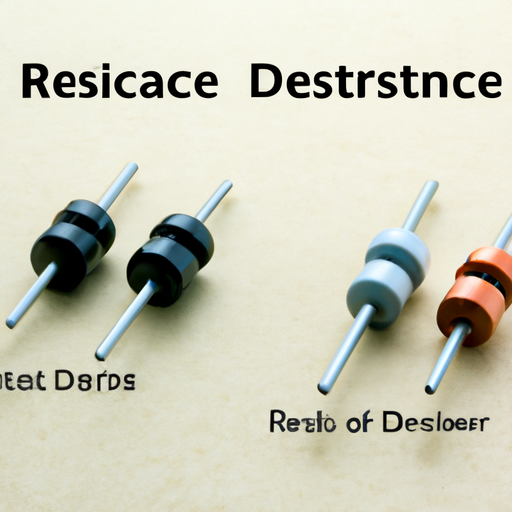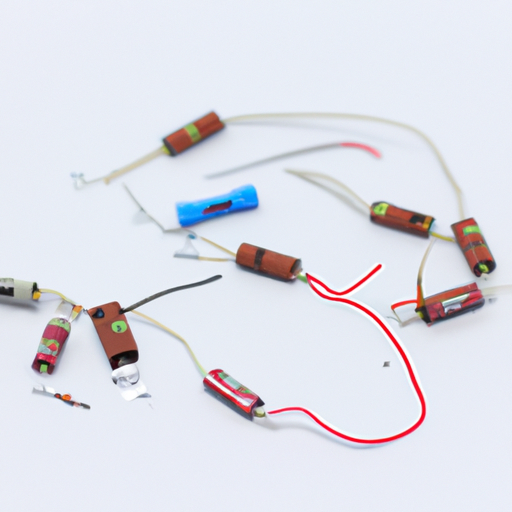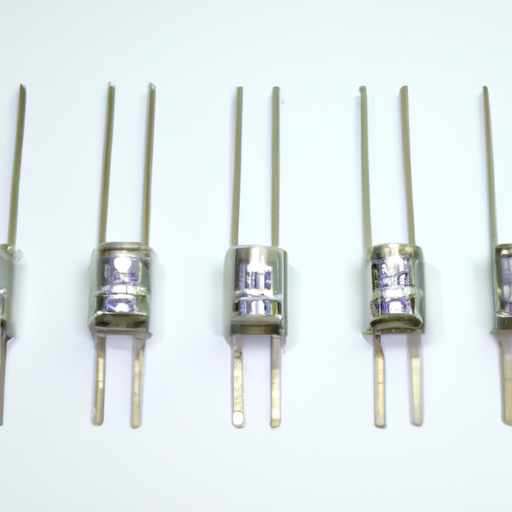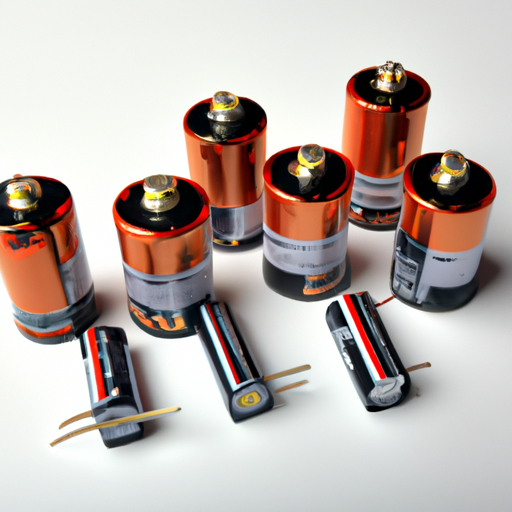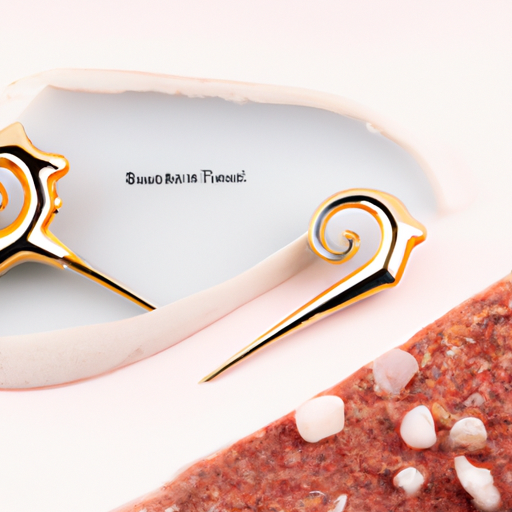What is the market size of computer accessories? Introduction Definition and Classification of Computer AccessoriesComputer accessories refer to hardware components and peripherals that complement the computer system, including central processing unit (CPU), graphics card, memory modules, hard drive, motherboard, monitor, keyboard, mouse, etc. These accessories not only affect the performance and functionality of the computer but also directly impact the user's experience. With the continuous advancement of technology, the types and functions of computer accessories are constantly expanding, covering multiple areas from basic hardware to high-end gaming devices, office peripherals, and more. Research Background and ObjectivesIn recent years, with the rapid development of information technology, the computer accessories market has shown a thriving trend. Especially during the pandemic, the widespread adoption of remote work and online learning has significantly increased the demand for computer accessories. This article aims to delve into the market size, current situation, driving factors, challenges, and future trends of the computer accessories market, providing insights for industry participants. Importance of Market SizeUnderstanding the market size of computer accessories not only helps companies formulate strategies but also provides decision-making basis for investors. Changes in market size reflect changes in consumer demand, helping companies seize market opportunities and optimize product portfolios. Current Status of the Computer Accessories Market Global Market Overview Market Size and Growth RateAccording to market research data, the global computer accessories market reached billions of dollars in size in 2022 and is expected to continue expanding at an annual growth rate of around 5%-7% in the coming years. This growth is mainly driven by technological advancements, the rise of the gaming industry, and the prevalence of remote work. Key Market PlayersMajor players in the global computer accessories market include well-known brands such as Intel, AMD, NVIDIA, ASUS, MSI, Logitech, and more. These companies, with their strong R&D capabilities and market influence, continue to lead the market development. Characteristics of the Chinese Market Market Size and Growth TrendsAs one of the largest computer accessories markets globally, the market size in China exceeded billions of dollars in 2022 and is expected to continue rapid growth in the coming years. With the increasing demand for high-performance products by consumers, the market has great growth potential. Major Brands and Competitive LandscapeIn the Chinese market, brands like ASUS, MSI, Gigabyte, Logitech hold a significant market share. At the same time, with the rise of local brands such as Razer, Cooler Master, the market competition is becoming more intense. Market Drivers Technological Advancements Impact of New Technologies on Accessory DemandTechnological advancements drive the upgrading of computer accessories. For example, with the rise of artificial intelligence and machine learning, there is a significant increase in demand for high-performance graphics cards and processors. Additionally, the popularity of solid-state drives (SSDs) has changed the demand for storage devices. Rise of the Gaming Industry Market Demand for Esports and Gaming AccessoriesIn recent years, the rapid development of the esports industry has made the gaming accessories market an important growth point. The demand for high-performance gaming mice, keyboards, headsets, and other peripherals has surged, driving the expansion of the entire market. Proliferation of Remote Work and Learning Growth in Office and Learning Accessory DemandDuring the pandemic, remote work and online learning have become the norm, leading to a significant increase in consumer demand for computer accessories. Sales of office peripherals such as monitors, webcams, microphones have significantly increased, further driving the market. Market Challenges Supply Chain Issues Shortages of Raw Materials and Price FluctuationsGlobal supply chain issues have had a significant impact on the computer accessories market. Shortages of raw materials and price fluctuations have increased production costs, putting greater pressure on businesses. Intensified Market Competition Challenges from Emerging Brands and ProductsWith the rapid market development, an increasing number of emerging brands are entering the market, intensifying competition. These new brands challenge the market position of traditional brands through innovative and differentiated product strategies. Changing Consumer Preferences Shift from Traditional Accessories to Smart AccessoriesConsumer preferences are changing, with more people focusing on smart accessories and personalized products. This shift poses a challenge to the traditional computer accessories market, requiring companies to adjust their product strategies to meet market demands. Future Market Trends Impact of Emerging Technologies Influence of Artificial Intelligence and IoT on the Accessory MarketThe rapid development of artificial intelligence and IoT technologies will bring new opportunities to the computer accessories market. The rise of smart hardware will drive the demand for high-performance accessories, prompting companies to increase R&D investment to adapt to this trend. Sustainable Development and Environmental Protection Market Potential of Green AccessoriesWith the growing environmental awareness, there is an increasing demand for green products from consumers. In the future, computer accessories made from eco-friendly materials and produced sustainably will become a new trend in the market, and companies need to pay attention to this change. Personalization and Customization Demand Consumer Pursuit of Personalized ProductsThe demand for personalization and customization is becoming an important trend in the market. Consumers want to choose accessories based on their needs and preferences, and companies need to provide more customization options to meet this demand. Conclusion Future Outlook of the Computer Accessories MarketOverall, the computer accessories market is expected to continue growing in the coming years. Technological advancements, the rise of the gaming industry, and the prevalence of remote work will drive market development. However, companies also need to address challenges such as supply chain issues, intensified market competition, and changing consumer preferences. Recommendations for Industry ParticipantsIndustry participants should monitor market dynamics, adjust product strategies in a timely manner to meet evolving market demands. Additionally, companies should increase R&D investment, focus on the development of emerging technologies to maintain a competitive edge. Limitations of the Study and Future Research DirectionsThis article's analysis of the computer accessories market is mainly based on existing data and trends. Future research can further explore the characteristics and development potential of different market segments to provide more comprehensive market insights. References- Reports from market research agencies- Industry analysis articles- Data sources and statistical informationThrough an in-depth analysis of the computer accessories market, we can see the vast prospects and potential challenges of this market. It is hoped that this article will provide valuable insights and inspiration for relevant industry participants. What is the market size of computer accessories? Introduction Definition and Classification of Computer AccessoriesComputer accessories refer to hardware components and peripherals that complement the computer system, including central processing unit (CPU), graphics card, memory modules, hard drive, motherboard, monitor, keyboard, mouse, etc. These accessories not only affect the performance and functionality of the computer but also directly impact the user's experience. With the continuous advancement of technology, the types and functions of computer accessories are constantly expanding, covering multiple areas from basic hardware to high-end gaming devices, office peripherals, and more. Research Background and ObjectivesIn recent years, with the rapid development of information technology, the computer accessories market has shown a thriving trend. Especially during the pandemic, the widespread adoption of remote work and online learning has significantly increased the demand for computer accessories. This article aims to delve into the market size, current situation, driving factors, challenges, and future trends of the computer accessories market, providing insights for industry participants. Importance of Market SizeUnderstanding the market size of computer accessories not only helps companies formulate strategies but also provides decision-making basis for investors. Changes in market size reflect changes in consumer demand, helping companies seize market opportunities and optimize product portfolios. Current Status of the Computer Accessories Market Global Market Overview Market Size and Growth RateAccording to market research data, the global computer accessories market reached billions of dollars in size in 2022 and is expected to continue expanding at an annual growth rate of around 5%-7% in the coming years. This growth is mainly driven by technological advancements, the rise of the gaming industry, and the prevalence of remote work. Key Market PlayersMajor players in the global computer accessories market include well-known brands such as Intel, AMD, NVIDIA, ASUS, MSI, Logitech, and more. These companies, with their strong R&D capabilities and market influence, continue to lead the market development. Characteristics of the Chinese Market Market Size and Growth TrendsAs one of the largest computer accessories markets globally, the market size in China exceeded billions of dollars in 2022 and is expected to continue rapid growth in the coming years. With the increasing demand for high-performance products by consumers, the market has great growth potential. Major Brands and Competitive LandscapeIn the Chinese market, brands like ASUS, MSI, Gigabyte, Logitech hold a significant market share. At the same time, with the rise of local brands such as Razer, Cooler Master, the market competition is becoming more intense. Market Drivers Technological Advancements Impact of New Technologies on Accessory DemandTechnological advancements drive the upgrading of computer accessories. For example, with the rise of artificial intelligence and machine learning, there is a significant increase in demand for high-performance graphics cards and processors. Additionally, the popularity of solid-state drives (SSDs) has changed the demand for storage devices. Rise of the Gaming Industry Market Demand for Esports and Gaming AccessoriesIn recent years, the rapid development of the esports industry has made the gaming accessories market an important growth point. The demand for high-performance gaming mice, keyboards, headsets, and other peripherals has surged, driving the expansion of the entire market. Proliferation of Remote Work and Learning Growth in Office and Learning Accessory DemandDuring the pandemic, remote work and online learning have become the norm, leading to a significant increase in consumer demand for computer accessories. Sales of office peripherals such as monitors, webcams, microphones have significantly increased, further driving the market. Market Challenges Supply Chain Issues Shortages of Raw Materials and Price FluctuationsGlobal supply chain issues have had a significant impact on the computer accessories market. Shortages of raw materials and price fluctuations have increased production costs, putting greater pressure on businesses. Intensified Market Competition Challenges from Emerging Brands and ProductsWith the rapid market development, an increasing number of emerging brands are entering the market, intensifying competition. These new brands challenge the market position of traditional brands through innovative and differentiated product strategies. Changing Consumer Preferences Shift from Traditional Accessories to Smart AccessoriesConsumer preferences are changing, with more people focusing on smart accessories and personalized products. This shift poses a challenge to the traditional computer accessories market, requiring companies to adjust their product strategies to meet market demands. Future Market Trends Impact of Emerging Technologies Influence of Artificial Intelligence and IoT on the Accessory MarketThe rapid development of artificial intelligence and IoT technologies will bring new opportunities to the computer accessories market. The rise of smart hardware will drive the demand for high-performance accessories, prompting companies to increase R&D investment to adapt to this trend. Sustainable Development and Environmental Protection Market Potential of Green AccessoriesWith the growing environmental awareness, there is an increasing demand for green products from consumers. In the future, computer accessories made from eco-friendly materials and produced sustainably will become a new trend in the market, and companies need to pay attention to this change. Personalization and Customization Demand Consumer Pursuit of Personalized ProductsThe demand for personalization and customization is becoming an important trend in the market. Consumers want to choose accessories based on their needs and preferences, and companies need to provide more customization options to meet this demand. Conclusion Future Outlook of the Computer Accessories MarketOverall, the computer accessories market is expected to continue growing in the coming years. Technological advancements, the rise of the gaming industry, and the prevalence of remote work will drive market development. However, companies also need to address challenges such as supply chain issues, intensified market competition, and changing consumer preferences. Recommendations for Industry ParticipantsIndustry participants should monitor market dynamics, adjust product strategies in a timely manner to meet evolving market demands. Additionally, companies should increase R&D investment, focus on the development of emerging technologies to maintain a competitive edge. Limitations of the Study and Future Research DirectionsThis article's analysis of the computer accessories market is mainly based on existing data and trends. Future research can further explore the characteristics and development potential of different market segments to provide more comprehensive market insights. References- Reports from market research agencies- Industry analysis articles- Data sources and statistical informationThrough an in-depth analysis of the computer accessories market, we can see the vast prospects and potential challenges of this market. It is hoped that this article will provide valuable insights and inspiration for relevant industry participants.
2025-04-26







